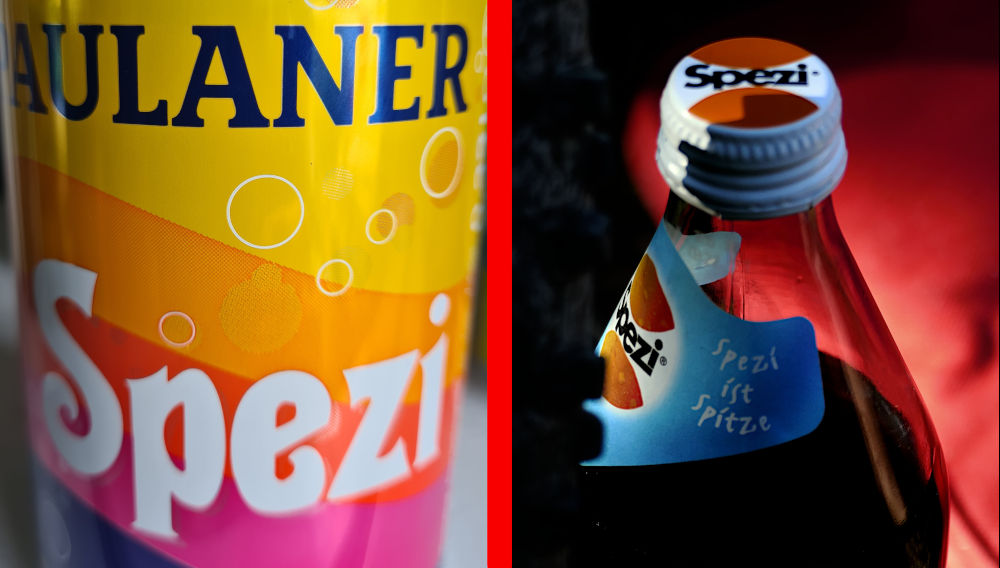The Spezi war: two German breweries meet in court
Germany | A Munich court is to decide over the summer if Munich’s Paulaner brewery may continue to call its cola+orange lemonade mix “Spezi”, or whether it will need to pay royalties to the trademark owner, the Augsburg brewer Riegele.
Paulaner Spezi is a popular soft drink in southern Germany – so much so that Paulaner, after a phenomenal sales boost, produced some 950,000 hl of it in 2021, up from 30,000 hl in 2010.
Alas, the soft drink was invented by Riegele in Augsburg some 70 years ago. The regional brewer Riegele had the trademark registered in 1956. Spezi is a term of endearment for a friend or mate in the Bavarian lingo.
The mix was quickly adopted by the soft drink giants. Pepsi has a Spezi version called Schwip Schwap, while Coca-Cola has one called Mezzo-Mix (basically Coke+Fanta).
Riegele sold the rights too cheaply
Since the 1970s, Riegele has expanded the distribution of Spezi by signing licensing agreements with several German breweries. However, the deal it inked with Paulaner Salvator Thomas-Bräu-AG in 1974 was not a licensing contract strictly speaking. For a one-of fee of DM 10,000 (some EUR 3,500 in today’s money) Paulaner merely signed a coexistence agreement and obtained the rights to the brand name in all perpetuity.
You can understand why Riegele is miffed. It is potentially losing out on lots of money. Therefore, Riegele decided to terminate the original contract, arguing that it was agreed with a legal entity which does not exist any longer. Paulaner Salvator Thomas-Bräu-AG has since morphed into the Paulaner Brewery Group, a joint venture between the privately-owned Schörghuber conglomerate (70 percent) and Dutch Heineken (30 percent).
Who is right?
Riegele thus hopes to negotiate a new ten-year licensing deal, which will give it a share of Paulaner’s Spezi spoils. Pundits say Paulaner may have to pay some EUR 5 million (USD 5.1 million) annually in royalties to Riegele.
Paulaner, for its part, is adamant that the old contract is still valid. The case now rests with the Munich court. A ruling is expected for 30 August, unless Riegele and Paulaner decide to settle out of court.

